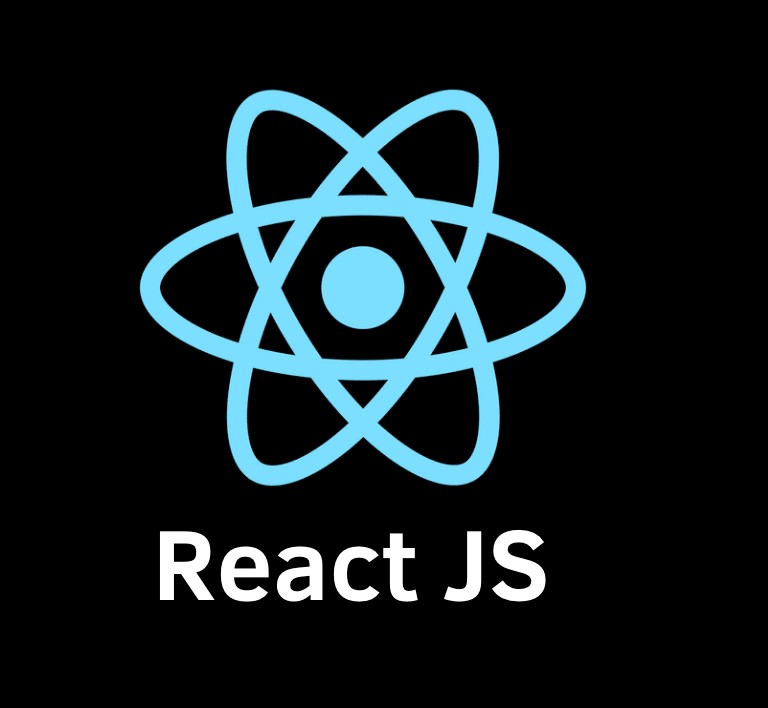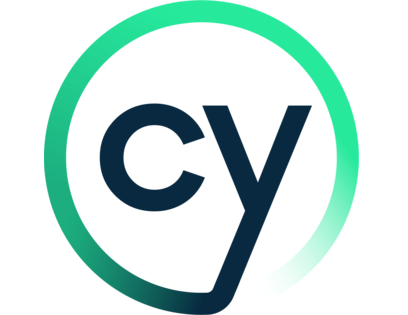Chainlink Hackathon: Online Safety
DevOps, Web3
Project details
Project Description:
At the heart of this project was the need to streamline our deployment processes and ensure
efficient frontend and
backend builds and tests for our Chainlink project. We aimed to integrate CircleCI into our
workflow to automate
tasks, enhance deployment reliability, and facilitate continuous integration and continuous
deployment (CI/CD). This
project had a significant impact on our project's efficiency and reliability.
Problem Statement:
Our previous deployment process was time-consuming, error-prone, and lacked a robust rollback
mechanism. We needed a
solution to deploy our infrastructure, both frontend and backend, efficiently and ensure that
we could roll back in
case of deployment failures. Additionally, automating testing and ensuring reliable artifact
management were
challenges we needed to address.
Solution and Implementation:
-
Infrastructure Deployment:
We defined the "deploy-infrastructure" job, which utilized AWS CloudFormation templates to deploy our required infrastructure. This ensured consistent and reproducible deployments. -
Rollback on Failure:
The "destroy-environment" job was implemented to handle rollbacks by tearing down cloud resources if any deployment stage failed. This ensured that we maintain a clean environment in case of errors. -
Frontend and Backend Build and Test:
Our frontend, built on React.js and Next.js, and backend, powered by Solidity and Hardhat for smart contracts, underwent thorough building and testing using tools like Cypress for frontend testing. -
Continuous Deployment:
Applying CI/CD principles, we automated the entire process. CircleCI triggered builds on code commits, ensuring the latest changes were built, tested, and deployed to the designated environment. -
Feedback and Smoke Testing:
To receive quick feedback, the "acceptance-test" job was introduced. It performed a smoke test on the frontend site's title, confirming its basic functionality. -
Artifact Management:
The "persist_to_workspace" step preserved critical artifacts, such as "constants.zip," for future steps, enhancing consistency across different stages. -
Cloudfront Distribution:
The "deploy-frontend" job deployed frontend assets to an AWS CloudFront distribution, improving content delivery efficiency. -
Resource Cleanup:
The "destroy-environment" job ensured resource cleanup, preventing resource clutter and saving costs in case of failures.
Outcome of the Project:
The implementation of CircleCI and associated practices had a substantial positive impact on
our project:
- Deployment time significantly reduced due to automation.
- Deployment failures were handled seamlessly with reliable rollbacks.
- Reliable testing ensured higher code quality and fewer bugs in production.
- Continuous deployment reduced manual intervention, promoting faster releases.
- Quick feedback through smoke testing ensured prompt error detection.
- Improved artifact management facilitated smoother transitions between stages.
- Efficient cleanup prevented unnecessary resource wastage.
Technologies Used:
Frontend:
- Frameworks: React.js, Next.js
- Styling: Tailwind CSS
- Testing: Cypress
Backend:
- Smart Contracts: Solidity, Hardhat
Deployment and CI/CD:
- CircleCI for automation
- AWS for infrastructure deployment
- Vercel for frontend deployment
Conclusion
This project showcased our commitment to optimizing our development and deployment practices, resulting in a more streamlined, reliable, and efficient Chainlink project.
Summary
This project aimed to enhance the deployment processes, efficiency, and reliability of a Chainlink project by integrating CircleCI for automation, implementing CI/CD practices, and addressing deployment challenges. It significantly reduced deployment time, improved reliability, and facilitated faster releases through automated testing, artifact management, and resource cleanup
Services
6+
Years Experience
126
Completed Projects
114
Happy Customers
20+












